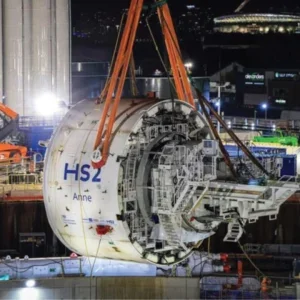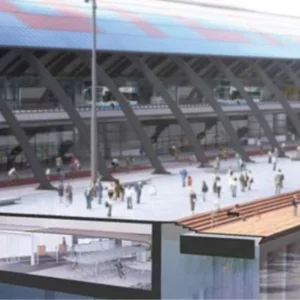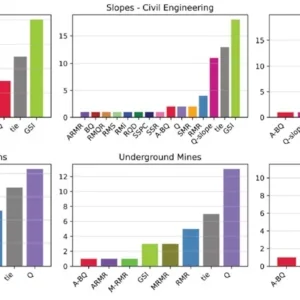Oh dear, tunnelling is regarded as a far higher risk category than any other form of construction by the Public Private Partnership players, according to a recent survey by international credit ratings agency Standard and Poor’s (see p34).
This PPP opinion is not good news, considering the billions of dollars worth of infrastructure work coming up internationally. These mega-schemes will certainly include a multitude of tunnels so we really need to get this sorted out if we are to capitalise on the potential work bonanza on the horizon. Yet procurement, including the increasingly important PPP, is just the sort of topic that seems to leave the average tunnel engineer pretty cold.
The fact is, most tunnelling engineers see themselves purely as technical achievers, happy underground doing what needs to be done, traditionally leaving ‘non-technical’ subjects such as procurement to lawyers and accountants who it is felt are better qualified to deal with them. Unfortunately, this attitude currently places the tunnel builder very much at the end of the supply chain, i.e the final deliverer of the asset, with little input into the initial stages. But the actual construction process is arguably the most vital link in that chain. When something goes wrong it’s the team at the front that has to deal with it and this is finally being recognised by the financial decision makers.
So the big news to come out of the survey is that the quality of the actual tunnelling engineers, be it teams or individuals, hoping to be involved in PPP projects – in fact, pretty much any project – is to be analysed right from the start, with their technical ability regarded as vital when it comes to directly assessing and managing the project’s risk. A grading system is being put into place to assess their engineering and managerial ability and this will hugely influence any scheme’s credit rating and subsequent chances of realisation.
This all seems pretty obvious to me to be honest, and it’s hard to see why this has been overlooked for so long. But it certainly puts the competent engineer in a powerful position. The key message for the tunneller is to ensure engineering excellence at all times and the rest, i.e lucrative contracts, should follow.
Procurement methodology shouldn’t be difficult or as complicated as it sometimes seems, it should just be a way of making sure a job gets done properly! With recognition looking set to finally come to those who deserve it, quality of engineering could again be the forerunner for a windfall of tunnelling works.
Tris Thomas






